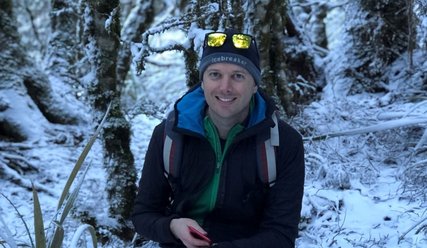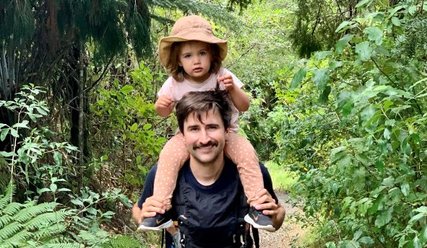Celebrating rural resilience
Rural hospitals, and the teams who run them, are as crucial to local communities as the school, yet their contributions go largely unsung. “New Zealanders are famously reluctant to blow their own trumpets,” says College President Dr Samantha Murton, “but we all can take pride in the way we respond to the health needs of the communities we serve.”
Around one million New Zealanders rely on rural health services. All around the country strong connections exist between rural hospitals and the communities that turn to them in their times of need. Rural patients know they can rely on their hospital to respond to their circumstances. The geographic isolation and infrequent access to other secondary or tertiary care call for this kind of personal approach.
The appreciation that rural communities have for their local medical practitioners and hospitals is reciprocated. “My first experience of rural hospital medicine and general practice was in Kaitaia,” says Dr. Jenny James, Chair of the Division of Rural Hospital Medicine’s Board of Studies.
“Working there I was immersed in the community, who are deeply connected to their health providers. I realised just how important well trained, passionate doctors are to these communities, and just how rewarding working rurally can be.”
Often, patients who can be treated at their local hospital and remain close to whānau are likely to fare better. However, it isn’t a “one size fits all” situation; solutions that work in Wairoa may not work in Ashburton.
During these COVID-19 times, the bonds have been especially important. Rural GPs have worked wonders in helping boost vaccination rates. For some time now, rural hospitals have been gearing up to cope with any infection surges that may come their way. For some people, it will be only when COVID-19 arrives at the farm gate that the pandemic will seem entirely real. At such times, the advice they receive from a trusted medical practitioner or via their local hospital is likely to carry a good deal of weight.
Because of this strong foundation of mutual support, there is every reason for feeling optimistic that the challenges that lie ahead in 2022 can, and will be, surmounted. As Taupō Hospital’s Dr. Jeremy Webber says, “We’ve already seen some wonderful barriers being broken down in terms of the primary/secondary care interface because of COVID-19. With every difficulty there’s an opportunity, so you just need to look at it in that light and run with a solution that fits your community.”
New Zealanders, whether urban or rural, can take pride in these vital healthcare threads that, over the years, have been woven together within our social fabric.
Rural hospitals and rural GPs deserve a huge “thank you” for all their hard work last year, and in anticipation of their efforts heading into 2022.


